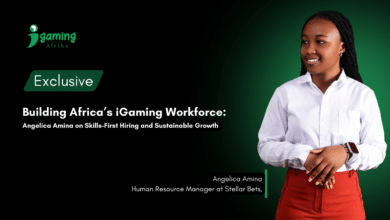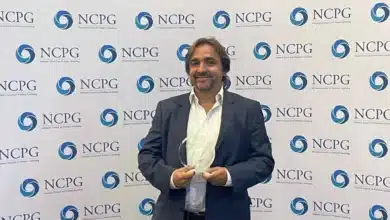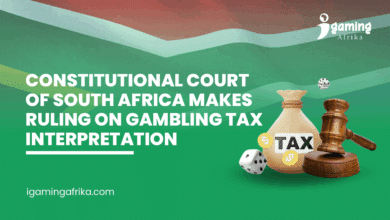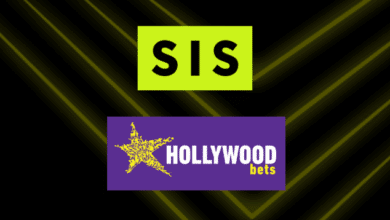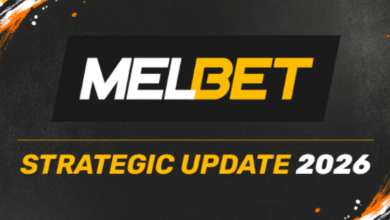Say No To Excessive Gambling This November And Beyond
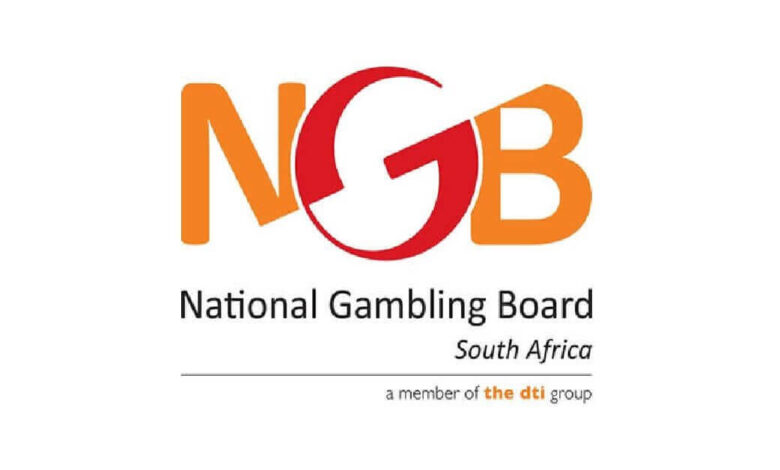
Pretoria, 1 November 2024. November is Responsible Gambling Month in South Africa with regulators, gambling businesses, mental health advocates and civil society focused on one mission: promoting safe and responsiblegambling behaviour.
Gambling is the act of wagering money or something of value on an uncertain outcome, often involving games of chance. People gamble for various reasons, including entertainment, social interaction, the thrill of risk, and the potential for financial gain. However, it is important to approach gambling responsibly, as it can potentially lead to financial, mental health, relationship, and social challenges for addicted individuals.
The National Gambling Board (NGB) Accounting Authority, Ms. Caroline Kongwa, provides perspective: “Gambling evokes controversy in most societies, with the activity having both supporters and detractors. As with many human endeavours, taking any activity to excess has the potential to create imbalance, often with crippling results. The decision to birth a regulated gambling sector in South Africa in 1996 was not taken lightly and was based on empirical research and best practices that allowed for a careful balance between the economic gains of a thriving gambling industry and the mitigation of potential social challenges. The consequences of illegal, unregulated and underground gambling activities is even more dire for the public.”
In the intervening years since the legalisation and regulation of specific modes of gambling (viz: casinos, bingo, betting and limited payout machines), the global gambling value chain has morphed significantly. Especially during the Covid 19 pandemic lockdowns the contactless, online form of betting became really popular in South Africa. As the excitement of gambling continues to capture the attention of millions, it is essential to emphasize the importance of responsible gambling. Whether you are a seasoned player or a newcomer to the world of gambling, understanding how to gamble responsibly can ensure that your experience remains fun and safe, as the original legislation intended it to be.
The NGB was instrumental in creating a comprehensive industry response to mitigate the challenges experienced by problem gamblers with the formation of a Non-Profit Organisation, the South African Responsible Gambling Foundation (SARGF), in 2004. This year the SARGF celebrates 20 years in service of the mental wellbeing of the public by providing industry-funded problem gambling treatment and counselling. During the November Responsible Gambling Month (NRGM) all role-players join forces to amplify public education and awareness about gambling addiction and its dire socio-economic impact, while advocating for restraint and taking personal responsibility for overcoming gambling excesses.
Read Also: SA Gaming Marks 15 Years with Premium Live Game Offerings at SiGMA Europe 2024
The SARGF basket of services extends beyond the treatment of the problem gambler, to also help their impacted family members. It offers public awareness programmes to sensitise the public about the adverse consequences of disordered gambling, while simultaneously providing responsible gambling training and advocacy to empower gambling operators and their staff. Over and above these programmes, they have a Social Interventions Unit that provides counselling and support to vulnerable groups such as children, teenagers, the elderly, and social grant recipients.
Of the total 78 258 calls assessed by the SARGF helpline in the 2023/2024 financial year, 2 662 were successfully referred for either family sessions, problem gambling sessions, relapse sessions or self-exclusion sessions. Of the 2 662 referrals made, 1 695 were adults, 787 youth, 116 elderly, 3 minors (under the age of 18) and 61 did not state their age. Furthermore, 1 472 were employed full time, 472 were unemployed, 396 were self-employed, 169 worked part-time, 90 were students, 58 pensioners, 1 was a dependent and 4 did not state their employment status.
Behind these statistics lies a poignant reminder that problem gambling affects everyone in society and therefore requires a whole-of-society approach to address the potential socio-economic harms. The number of unemployed problem gamblers is a concern to the NGB, and a series of responsible gambling education collaborations with the South African Social Security Agency (SASSA) has been initiated to address vulnerable groups such as social grant recipients.
South Africa remains one of very few jurisdictions worldwide that supports problem gamblers in the form of free treatment and counselling, as well as multidisciplinary education and awareness campaigns across the country. Excessive gambling is becoming a global issue, with other progressive countries like the United Kingdom, Australia and New Zealand innovating in the measures taken to mitigate the impact of excessive gambling.
The NGB continues to benchmark and learn from the best practices of other jurisdictions. A multi-year, in-depth study on the socio-economic impact of gambling in South Africa, commissioned by the NGB, is nearing completion. The findings and recommendations from this seminal research will inform the future direction of the regulation of gambling in the country, including the mitigation of compulsive and addictive behaviour.
Gambling should be a source of enjoyment, not distress, and should be an occasional leisure activity not a daily occurrence. By following the principles of responsible gambling, punters can ensure a safer and more enjoyable experience.
Responsible gambling is about understanding the risks associated with gambling, setting strict budget limits, and recognising when it’s time to stop. It encourages players to treat gambling as a form of entertainment rather than a means to earn money. With the right approach, individuals can enjoy gambling without jeopardising their financial stability or mental well-being.
The free SARGF treatment and counselling services can be accessed by calling 0800 006 008; WhatsApp/SMS HELP To 076 675 0710 or email to helpline@responsiblegambling.org.za.















